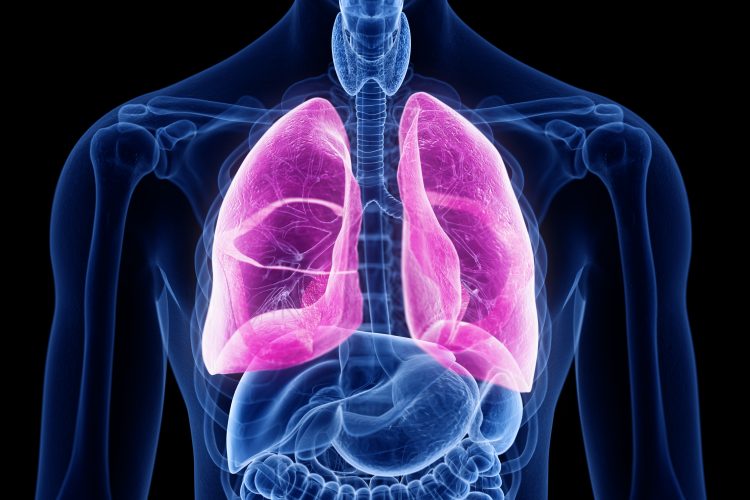CHMP recommends cystic fibrosis treatment Kaftrio is granted marketing authorisation
Posted: 2 July 2020 | Hannah Balfour (European Pharmaceutical Review) | No comments yet
The European Medicines Agency’s human medicines committee (CHMP) said the treatment would offer a therapeutic option for certain cystic fibrosis phenotypes that are currently untreatable.


The European Medicines Agency (EMA)’s human medicines committee (CHMP) has recommended Kaftrio is granted marketing authorisation in the European Union (EU) for the treatment of cystic fibrosis in patients aged 12 years and older who are homozygous for the F508del mutation in the cystic fibrosis transmembrane conductance regulator (CFTR) gene or heterozygous for F508del in the CFTR gene with a minimal function (MF) mutation.
The CHMP said the treatment is expected to provide a new therapeutic option for many cystic fibrosis patients, including those with MF mutations where no treatment currently exists.
Cystic fibrosis is caused by a mutation of the CFTR gene, which regulates salt and water transport in the body (measured as sweat chloride). The CFTR mutation allows too much salt and water into cells, causing a build-up of thick, sticky mucus in the body’s passageways. The resulting blockages damage the lungs, digestive system and some other organs.
While there is no cure, a range of treatments can help with symptoms; however, some mutations are ineligible for treatments.
Kaftrio is a triple combination therapy made up of elexacaftor, tezacaftor and ivacaftor. These three increase the expression of CFTR protein to improve its function. According to the EMA, Kaftrio is the first treatment that is effective for cystic fibrosis patients with the F508del mutation on one allele and a MF mutation on the second allele. In these patients there is no production of a CFTR protein or a CFTR protein that is not responsive to existing therapies. The therapy is also intended for patients homozygous for the F508del mutation. These two groups represent the majority of patients diagnosed with cystic fibrosis.
Kaftrio’s safety and efficacy was studied in two clinical trials with a total of more than 500 participants. Both studies showed clinically significant improvements in patients’ lung function and decrease of sweat chloride. The first trial, comprising patients who were heterozygous for F508del with a MF mutation, the lung function increased by 14.3 percentage points compared to patients who took placebo. In the second trial, patients homozygous for F508del Mutation (F/F) that were given the therapy had lung function increased by 10 percentage points compared to patients taking another cystic fibrosis medicine (Symkevi).
The most common adverse reactions were headache, diarrhoea and upper respiratory tract infection.
The CHMP opinion will now be sent to the European Commission for the adoption of a decision on an EU-wide marketing authorisation.
Related topics
Drug Targets, Genomics, Ion Channels, Regulation & Legislation, Research & Development (R&D), Therapeutics
Related organisations
EMA's Committee for Medicinal Products for Human Use (CHMP), European Commission (EC), European Medicines Agency (EMA)









